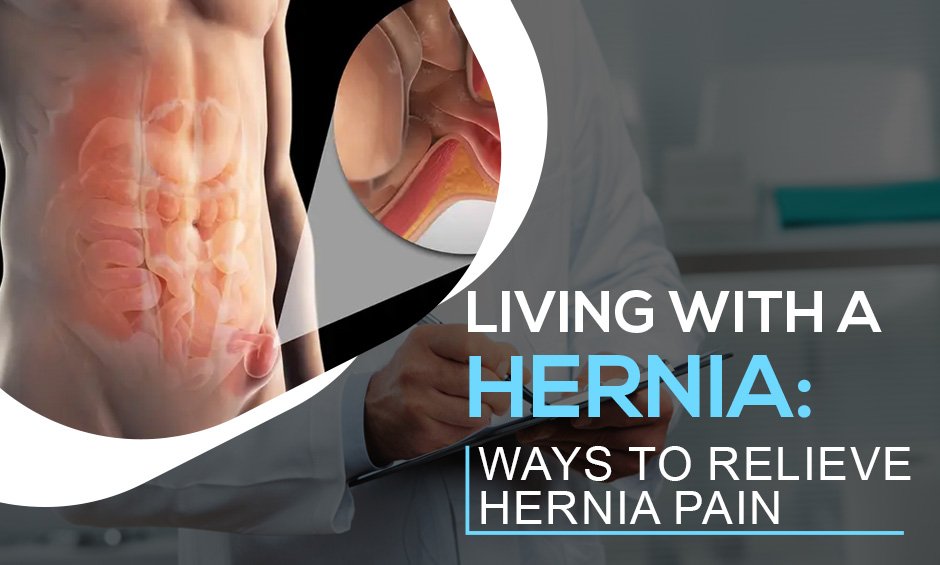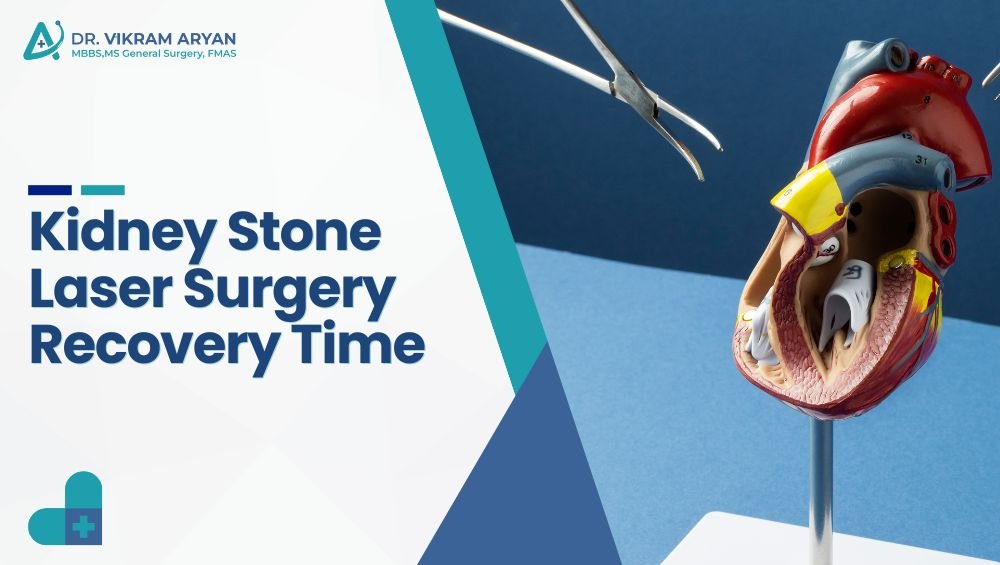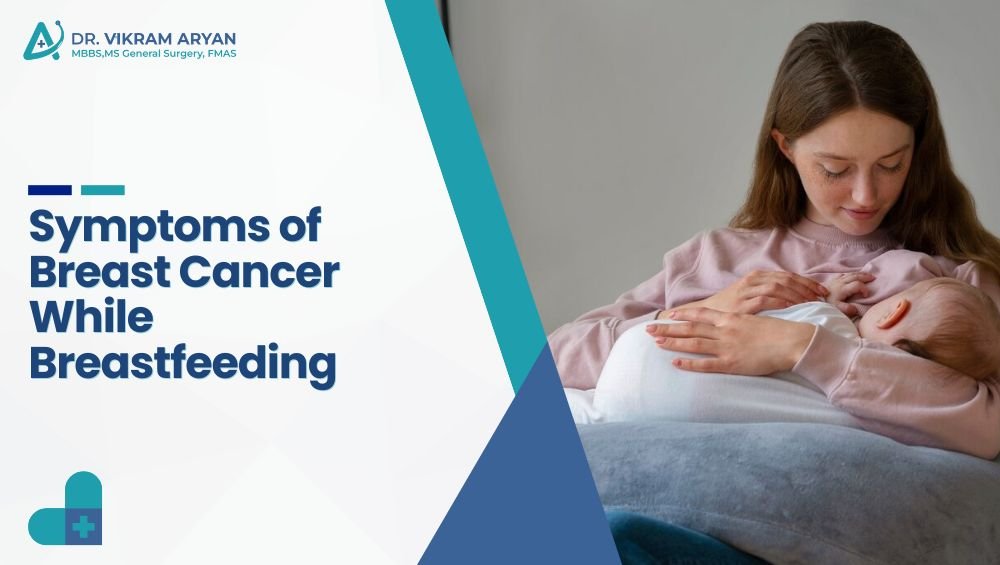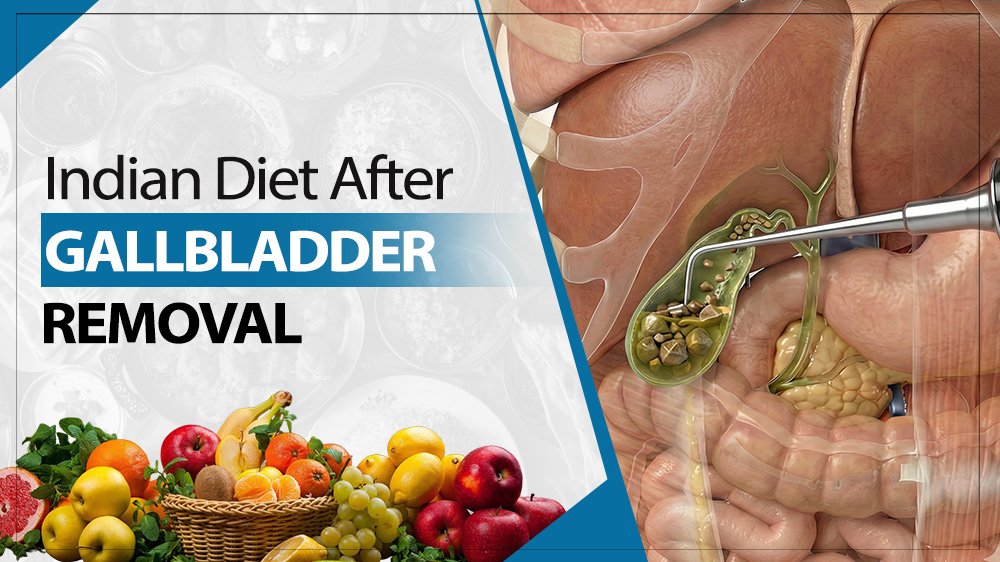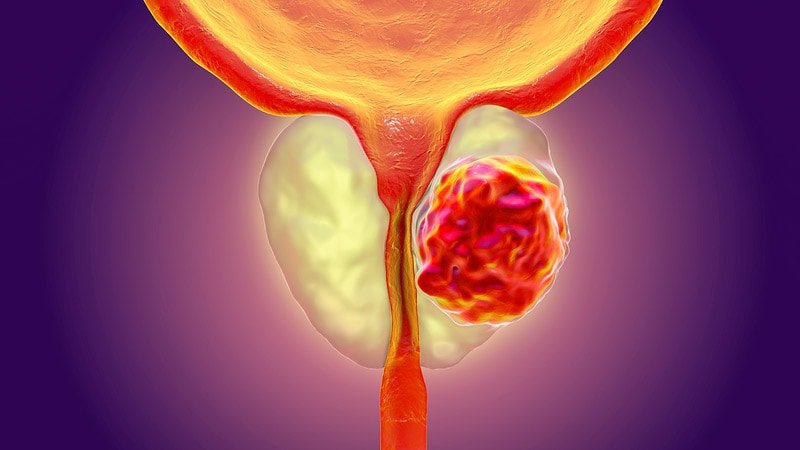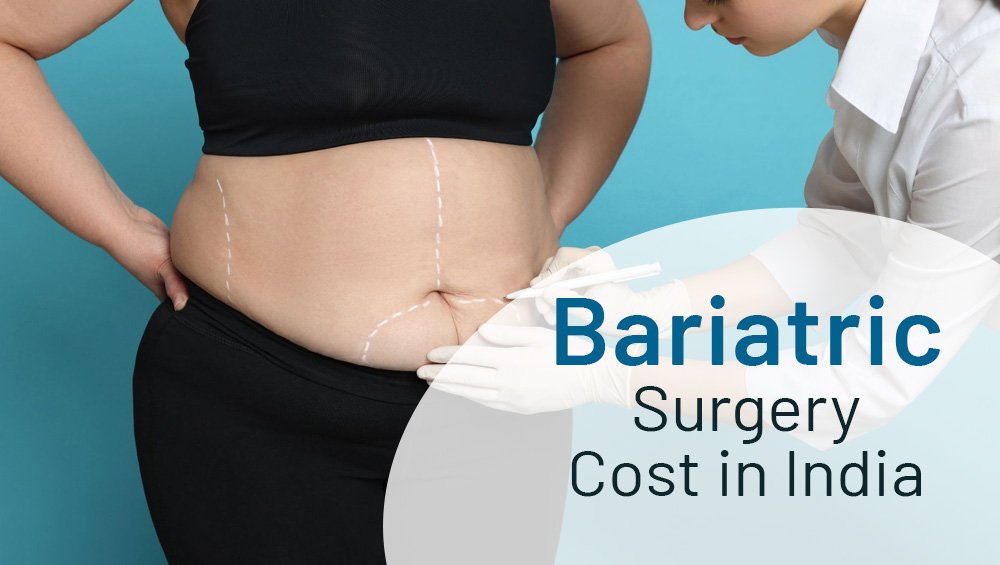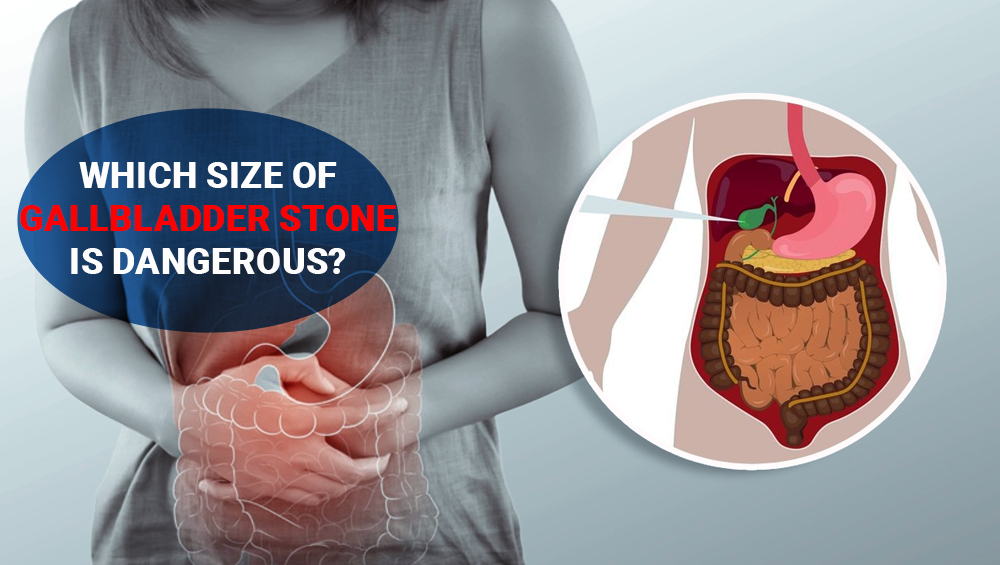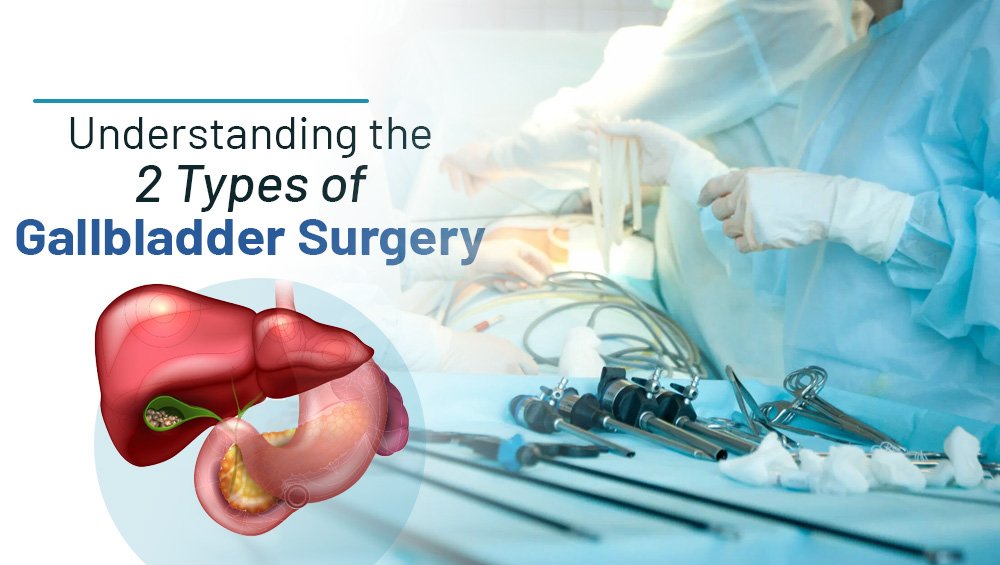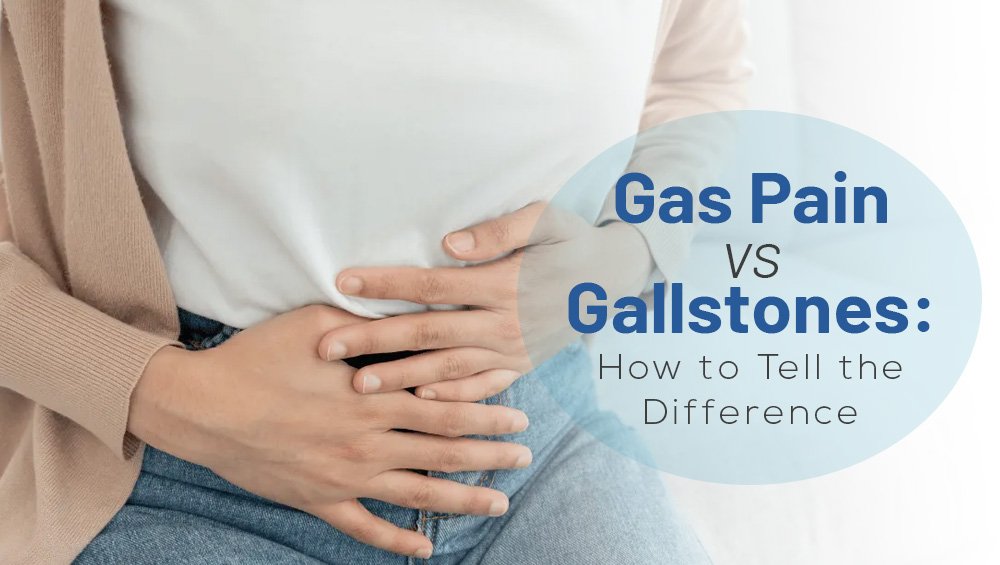Hernias can cause frustration and pain sometimes. It can make even the simplest of tasks painful. They are caused by an organ or fatty tissue pushing through a weak point in the muscles. The pain is not always mild.
This blog will help you manage your pain, give you lifestyle tips and tell you when you should consult a General Surgeon.
Understanding Hernias and Hernia Pain
It is usually a small lump or swelling at the location of the hernia. This is most commonly in the abdomen or the groin. It may increase more when you cough or strain, and it may flatten or reduce when you lie down.
Hernia pain can feel different for different people, but most describe it as:
A dull, aching pain or discomfort – usually around the bulge.
A feeling of pressure or heaviness – especially in the abdomen or groin.
Sharp pain during activity – like lifting, bending, coughing, or straining.
Burning or gassy sensation –It can be a burning or gassy feeling, where your stomach is pushing against your chest.
Intermittent pain - the pain can be reduced when you are lying down, but worsens when you get up, walk or do anything physically demanding.
Types of hernia and how they may feel
Hernias can vary in appearance and feel. Understanding your symptoms can be improved by knowing the type.
1. Inguinal Hernia
- The most common type, especially in men.
- Appears as a bulge in the groin or inner thigh area.
- When lifting, coughing or bending, pain or discomfort is usually more intense.
2. Hiatal Hernia
- Occurs when the stomach pushes up into the chest through the diaphragm.
- No visible bulge on the outside.
- Symptoms include heartburn, acid reflux, chest pain, or difficulty swallowing.
3. Umbilical Hernia
- Appears around the belly button.
- Common in children, but adults can also develop it.
- After eating or standing for long periods of time, pain or swelling can get worse.
4. Incisional Hernia
- Develops at the site of a previous surgical scar.
- Happens because the muscle around the scar weakens.
- When you strain, it can cause pain, bulging or pressure in the abdomen.
5. Femoral Hernia
- Seen more often in women.
- Appears as a lump in the upper thigh or groin area.
- May cause discomfort or pain while walking or standing.
How to Relieve Hernia Pain Without Surgery
You may be able to alleviate mild hernia discomfort with some home remedies:
Lifestyle Changes
- Avoid lifting heavy or straining your abdominal muscles
- Managing your weight can relieve pressure
- A high-fiber diet can help prevent constipation
Supportive Options
- Hernia belts or trusses can offer some gentle support and relieve discomfort
- Pain Relief Options
- Pain medications are available over the counter
- Cold or Warm pack to reduce swelling and relax muscles
Gentle Exercise
- Some light walking or stretching can improve circulation in hernia area.
- Avoid activities that strain the hernia area.
When to Consider Hernia Surgery
Hernia surgery may be necessary even if non-surgical options are available to relieve the pain.
- The pain continues even after using all the home remedies
- When it causes daily discomfort or progresses daily.
- Failure can lead to complications such as tissue strangulation.
Hernia surgery is now safer and minimally invasive. It has a shorter recovery time and is less prone to complications.
When to Seek Immediate Medical Help
Some symptoms need immediate attention.
- Hernias can cause sudden pain or swelling in the area around the hernia.
- changes on the skin such as redness or swelling in the area around the hernia
- Vomiting or difficulty passing stool
- A quick medical checkup can prevent serious complications.
Post-Surgery Care and Lifestyle Tips
Hernia surgery requires post-surgical care to encourage healing and prevent recurrence.
- For 4-6 weeks, do not lift heavy items.
- Take medication as prescribed
- Constipation can be prevented by eating a diet high in fiber
- Maintaining a healthy lifestyle and exercising moderately is essential.
Conclusion
Hernias don't change your life, even it can be treated by making lifestyle changes and visiting a doctor with experience like Dr. Vikram aryan. He has more than 18 years of experience and is the best Laparoscopic surgeon in Gurgaon.
While home remedies can relieve your pain, hernia surgery is a permanent solution and will prevent problems. So take action and take charge of your health today
